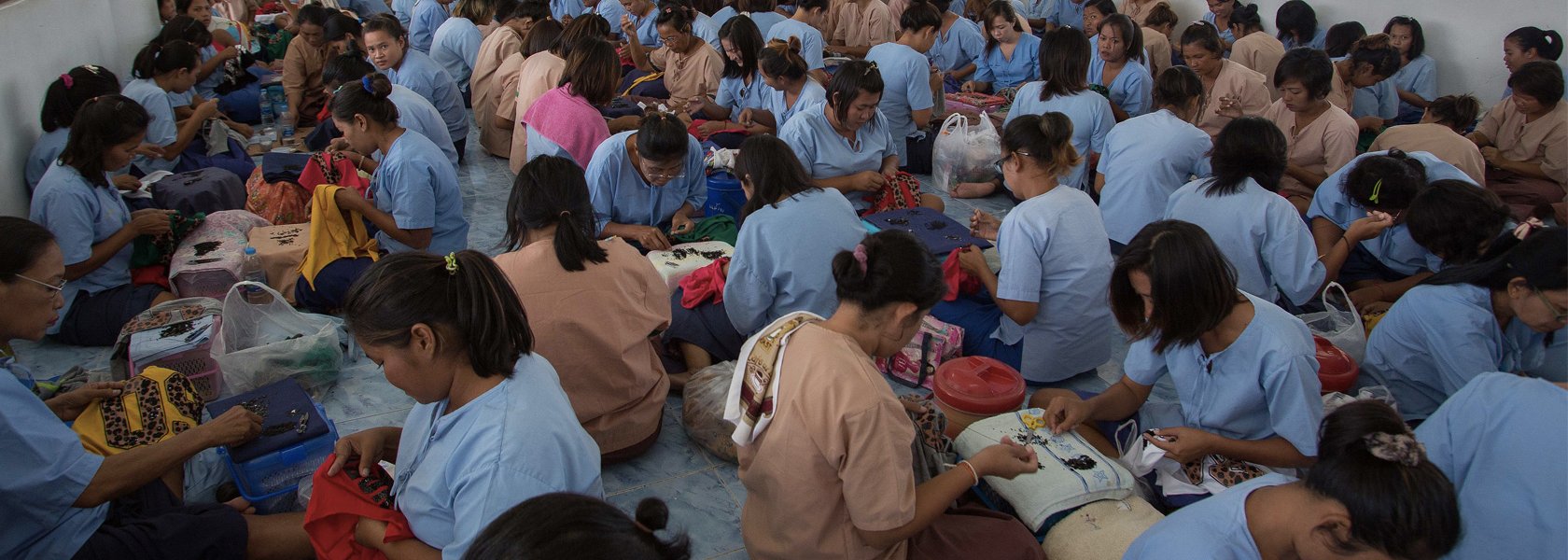 (Bangkok, Paris) Conditions in most of Thailand’s so-called ‘model’ prisons are below international standards, a new report published today by FIDH and its member organization Union for Civil Liberty (UCL) reveals.
(Bangkok, Paris) Conditions in most of Thailand’s so-called ‘model’ prisons are below international standards, a new report published today by FIDH and its member organization Union for Civil Liberty (UCL) reveals.“The designation of ‘model’ prisons is an attempt to disguise the dreadful reality of women incarcerated in Thailand. Conditions in these prisons are not even close to meeting minimum international standards, so one has to wonder how bad conditions must be in non-‘model’ facilities.”
The main issue of concern remains overcrowding – a chronic phenomenon that plagues prisons across Thailand and negatively impacts many other aspects of prison conditions. When the FIDH/UCL prison visits began in April 2018, the occupancy levels in all the nine ‘model’ prisons were high, with levels of up to 652%. Since then, the combined population of the nine prisons has increased by a total of 6%.

Other important areas, where deficiencies and challenges were observed, are: special arrangements for pregnant prisoners and prisoners with babies; the water and sanitation situation, including shortage of sanitary napkins and other toiletries in many prisons; the quality of food; healthcare services, including mental health assessments; prison labor conditions; contact with the outside world; and access to information from the outside world. Lastly, punishment and disciplinary measures used on prisoners are often inconsistent with international minimum standards and, in some cases, may amount to torture or ill-treatment.

The report makes numerous concrete, specific, and achievable recommendations that Thailand’s Department of Corrections should implement in order to improve conditions for women in prisons across the country. The implementation of these recommendations is necessary, but not sufficient to address the root cause of poor prison conditions. This would require the Thai government’s political will to adopt and carry out key policy measures to reduce the country’s prison population. Such measures should include: the decriminalization of certain drug-related offenses; the granting of bail to defendants awaiting trial for certain categories of crimes; and the use of home detention coupled with functioning electronic monitoring devices.
“Thailand needs to be bold in its approach to reforming the criminal justice system to tackle the horrific overcrowding of prisons. Ultimately, the cabinet, the Parliament, and the courts —not prison administrators— have the power to create broad-based, high impact solutions.”

